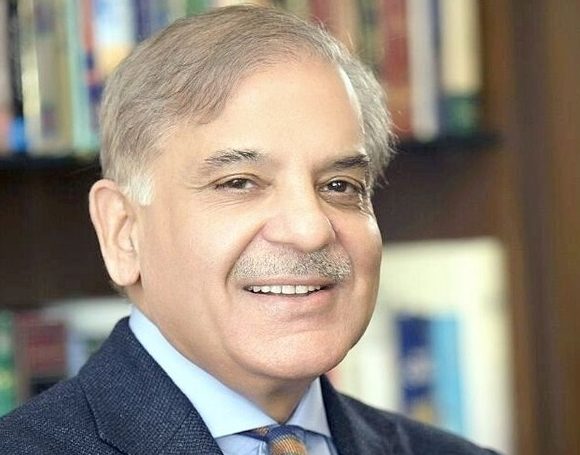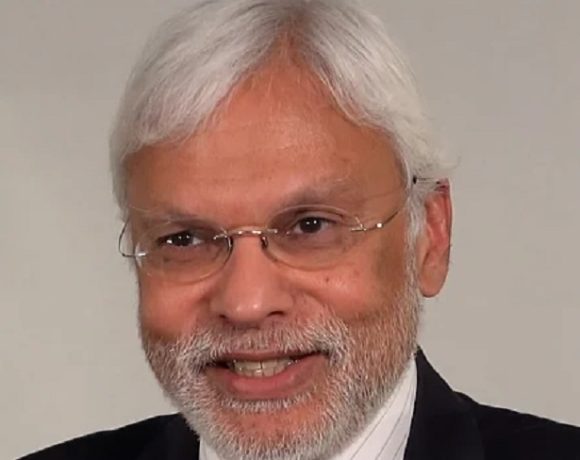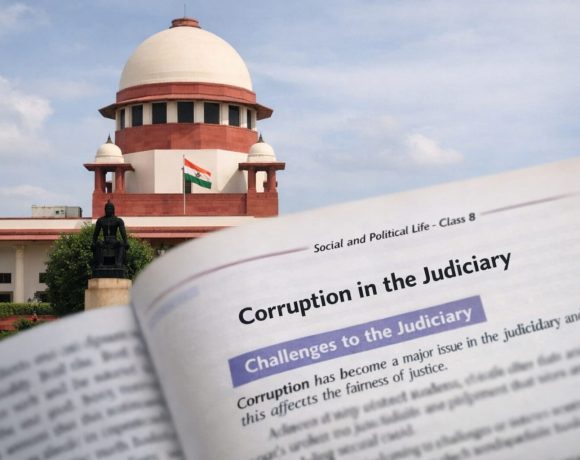
Jaish Commander Abdul Aziz Found Dead Under Mysterious Circumstances
In a significant development for regional counter-terrorism efforts, senior Jaish-e-Mohammed commander Abdul Aziz Esar has been found dead under mysterious circumstances in Bahawalpur, Pakistan. The news has triggered speculation and intrigue, given Aziz’s long-standing role in operational planning and indoctrination within the Pakistan-based terror network.
Aziz was a veteran ideologue and key aide to JeM founder Masood Azhar. He held a central position in the group’s high command, serving on the Central Shura—its top decision-making body. His death is seen as a major internal setback for Jaish, especially as it comes amid increased pressure on terror outfits in Pakistan following India’s high-profile Operation Sindoor.
Shadow of Suspicion Over Jaish’s Inner Circles
Sources familiar with JeM’s structure suggest Abdul Aziz was not just another mid-level operative. He ran the radicalization and training module at the Markaz Taleem camp in Gilgit-Baltistan and was entrusted with recruiting from across Pakistan and Afghanistan. His sudden death, discovered by a personal aide, has raised suspicions of an internal purge or a covert retaliation linked to recent Indian military operations.
While Pakistani authorities have remained tight-lipped, there is mounting speculation that Aziz may have been silenced to prevent intelligence leaks or as part of internal factional rivalries. His name had also reportedly surfaced in drone surveillance footage linked to recent reconnaissance operations in PoJK.
A Strategic Blow to Jaish Infrastructure
Aziz’s death significantly weakens the JeM’s ideological wing and training infrastructure. He was instrumental in curating jihadist curricula and guiding recruits through ideological indoctrination before they were moved to tactical operations. His absence may leave a leadership vacuum that could destabilize command hierarchies within the group.
As global attention remains focused on Pakistan’s complicity in harboring terrorist networks, Aziz’s death adds to a growing list of sudden eliminations within major extremist outfits. Whether this is the result of internal betrayals or pressure from external intelligence remains unclear, but the ripple effects are expected to be long-lasting.


















